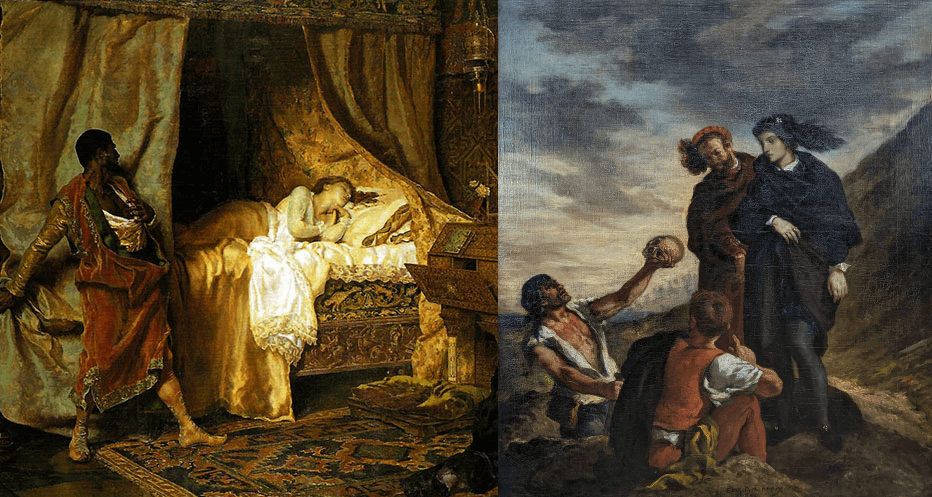Filip Bakardzhiev is an Assistant Editor of VoegelinView and writes on a variety of subjects on a freelance basis. Educated in law at King's College, London and Rheinische Friedrich-Wilhelms-Universität Bonn, and philosophy at the University of Buckingham, his main interests include the arts, classics, philosophy and history. He has a specialist interest in the field of the Philosophy of History, Horror, and military history. You can follow him on Twitter: Filip Bakardzhiev.

